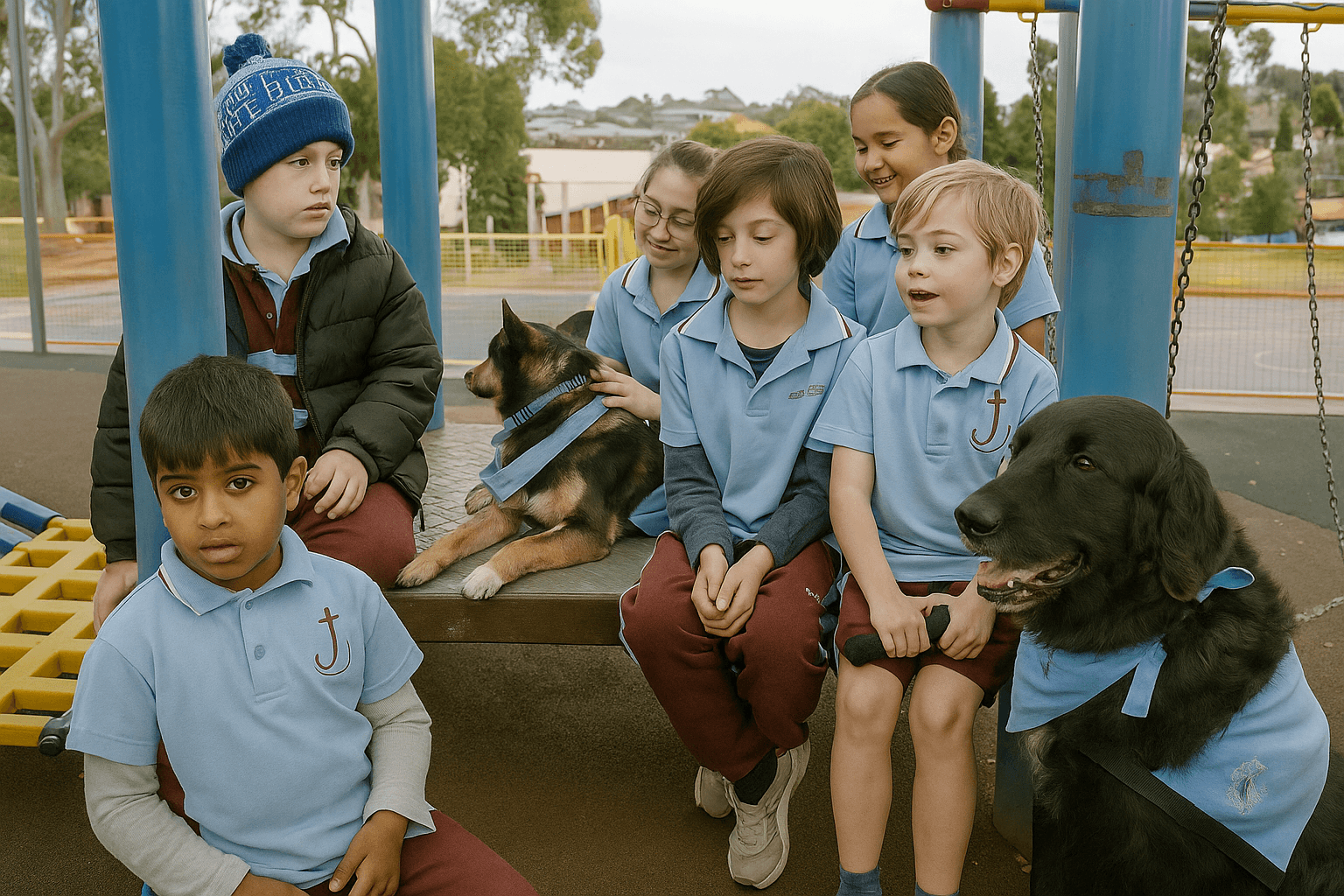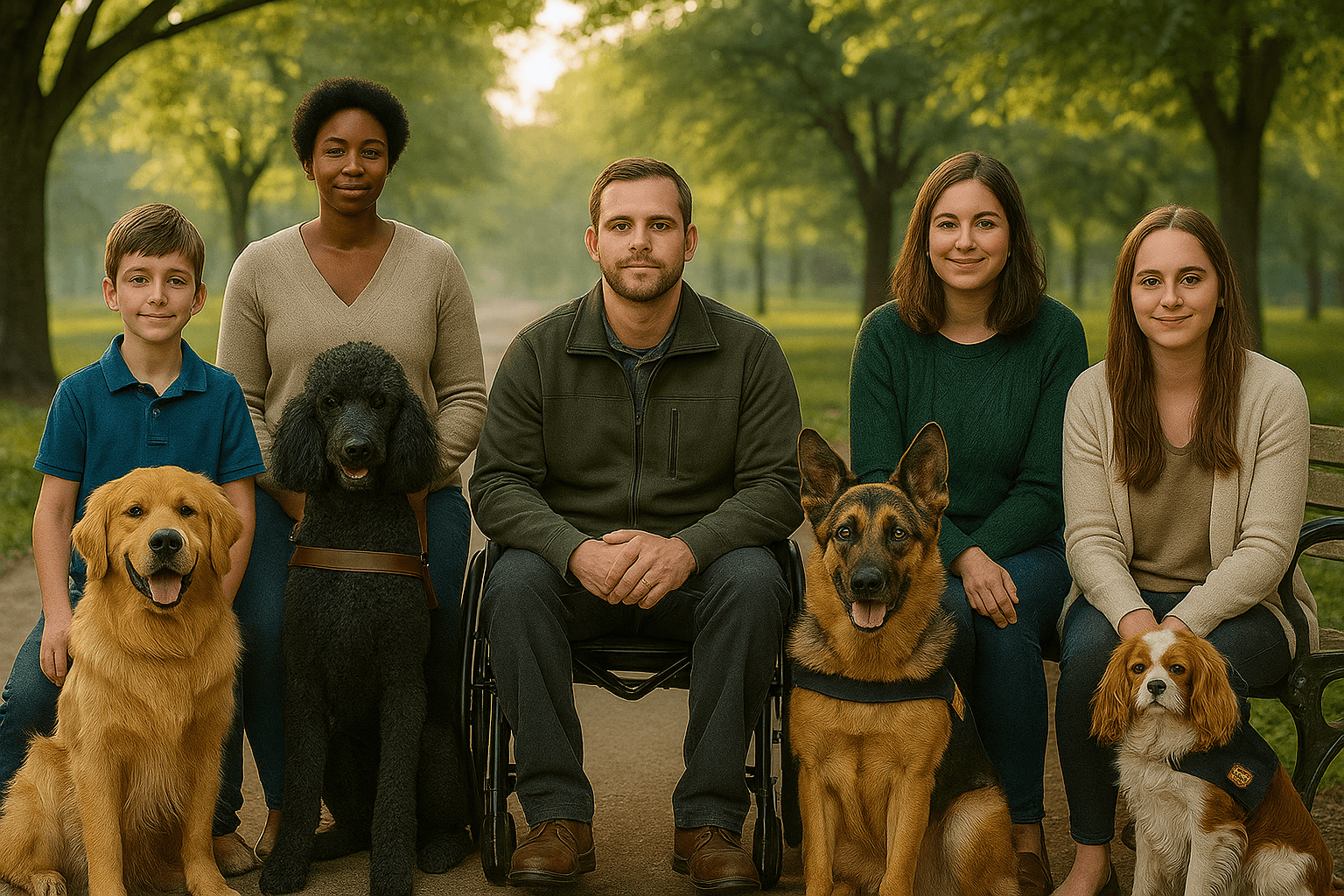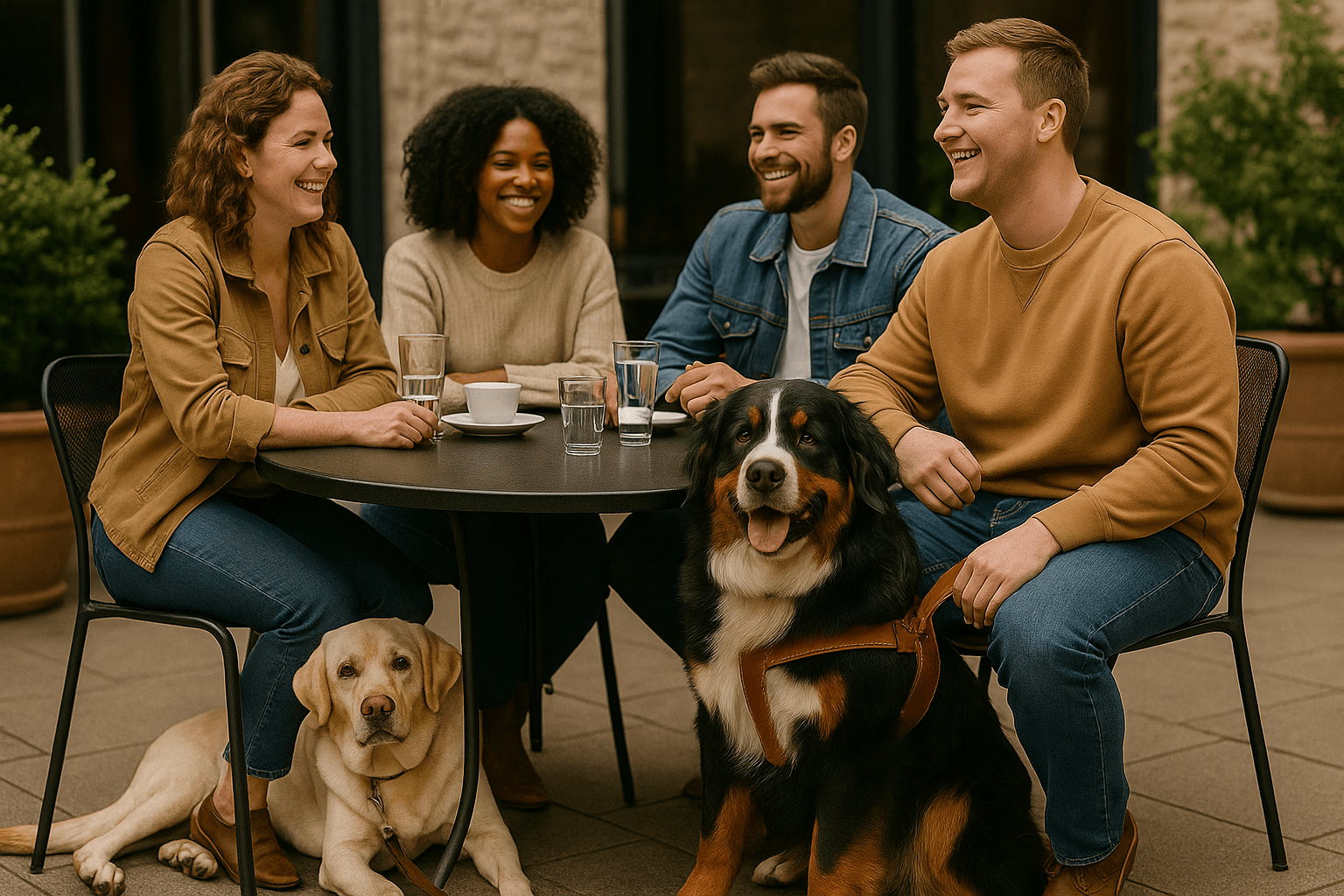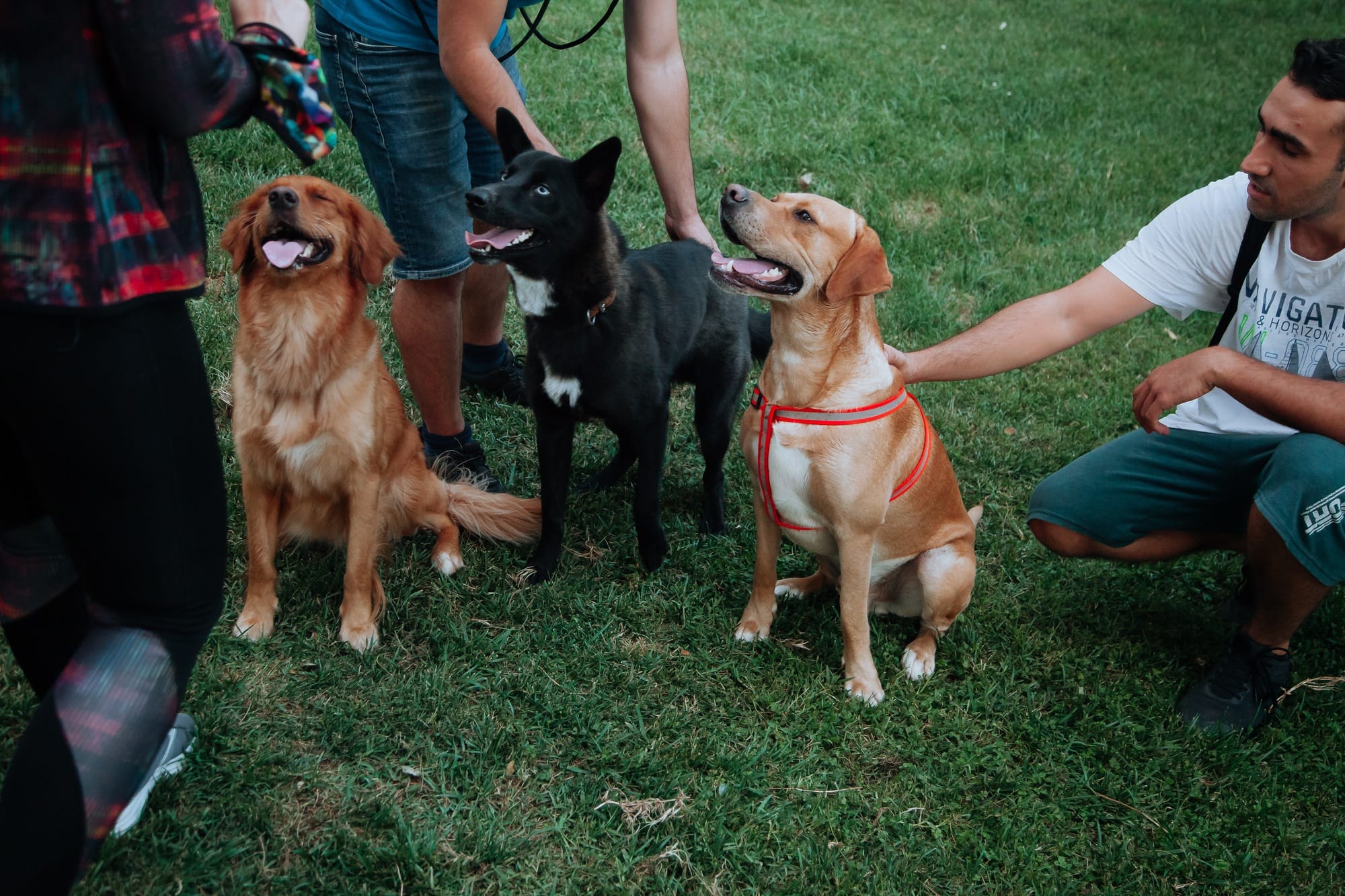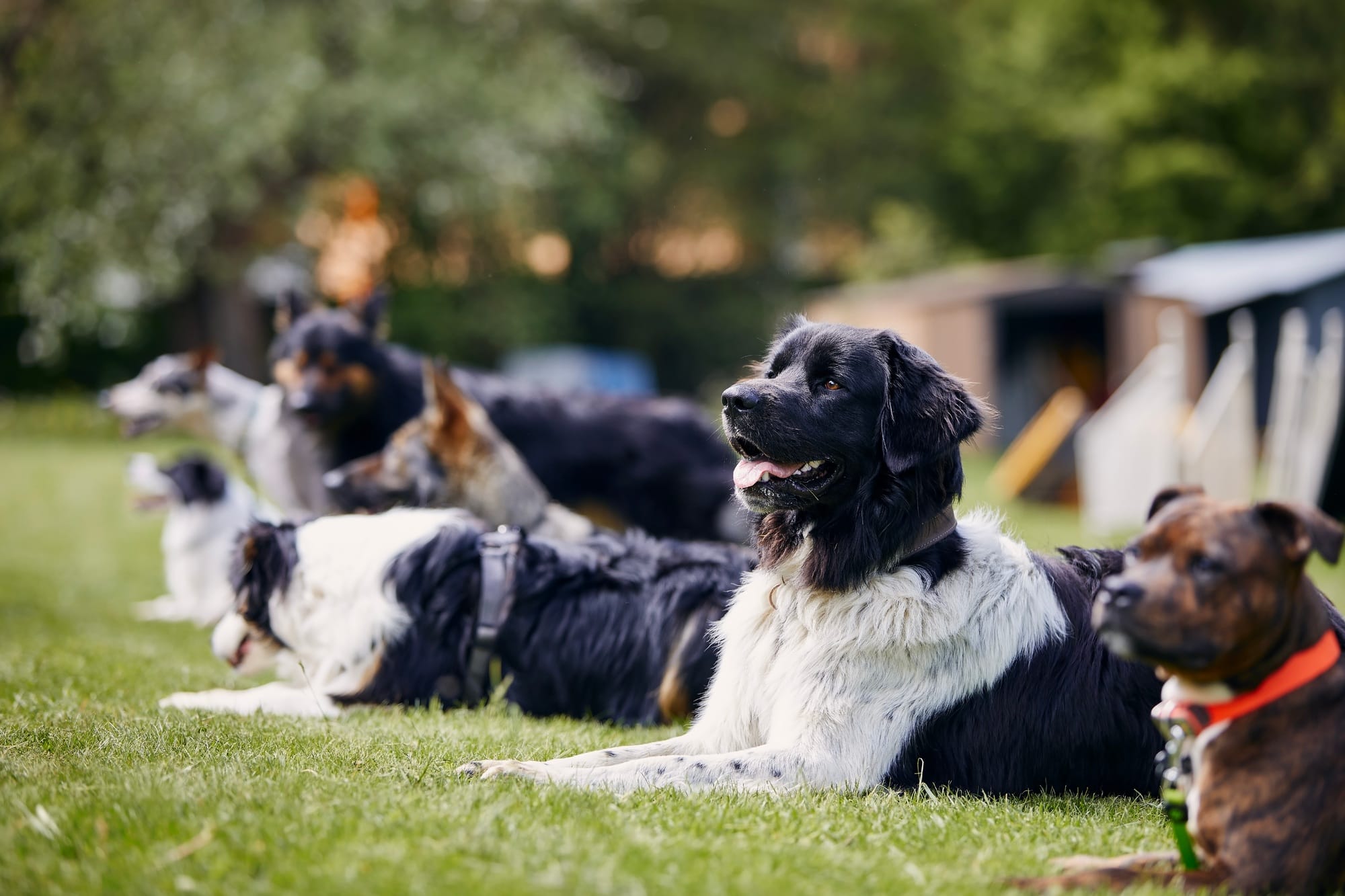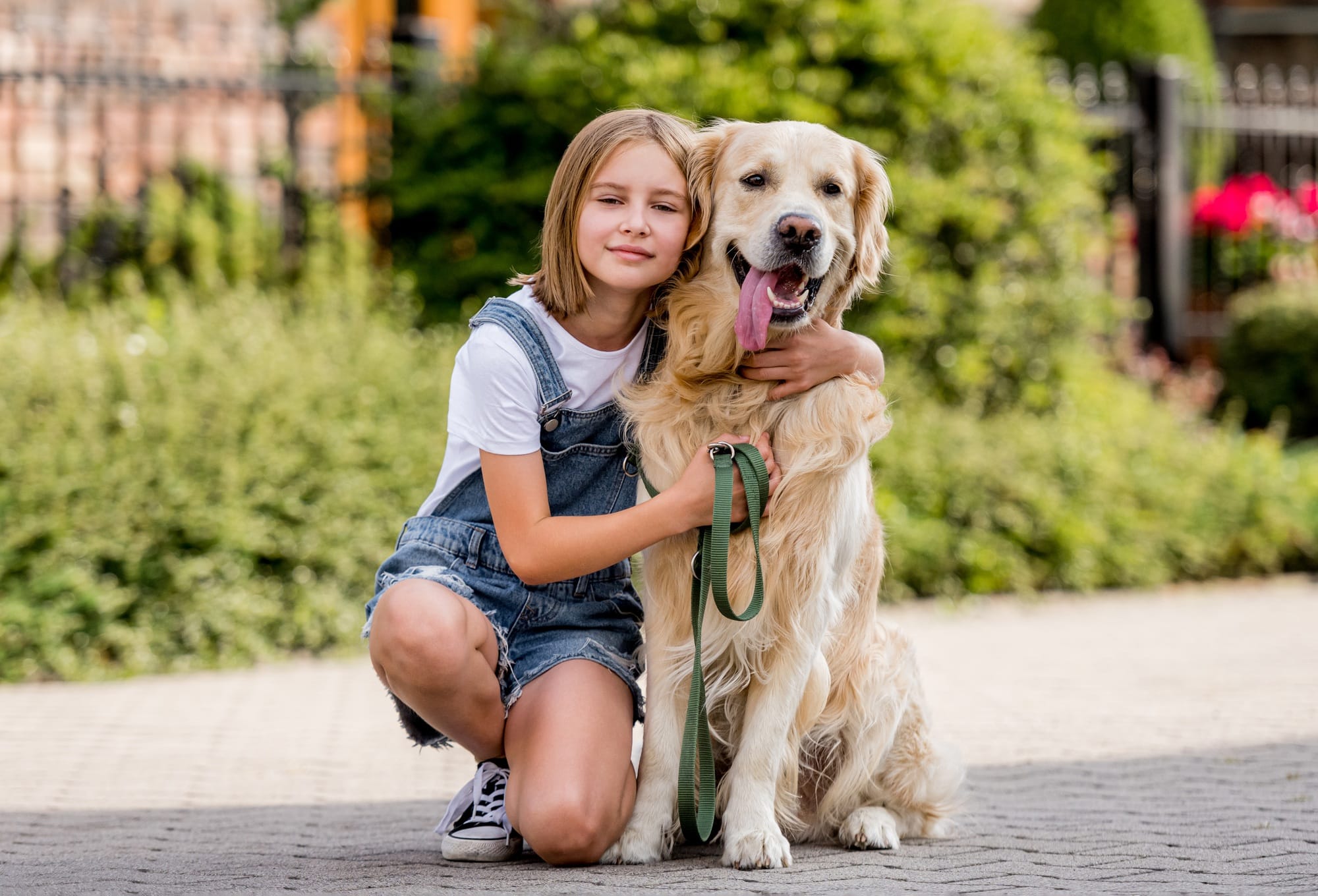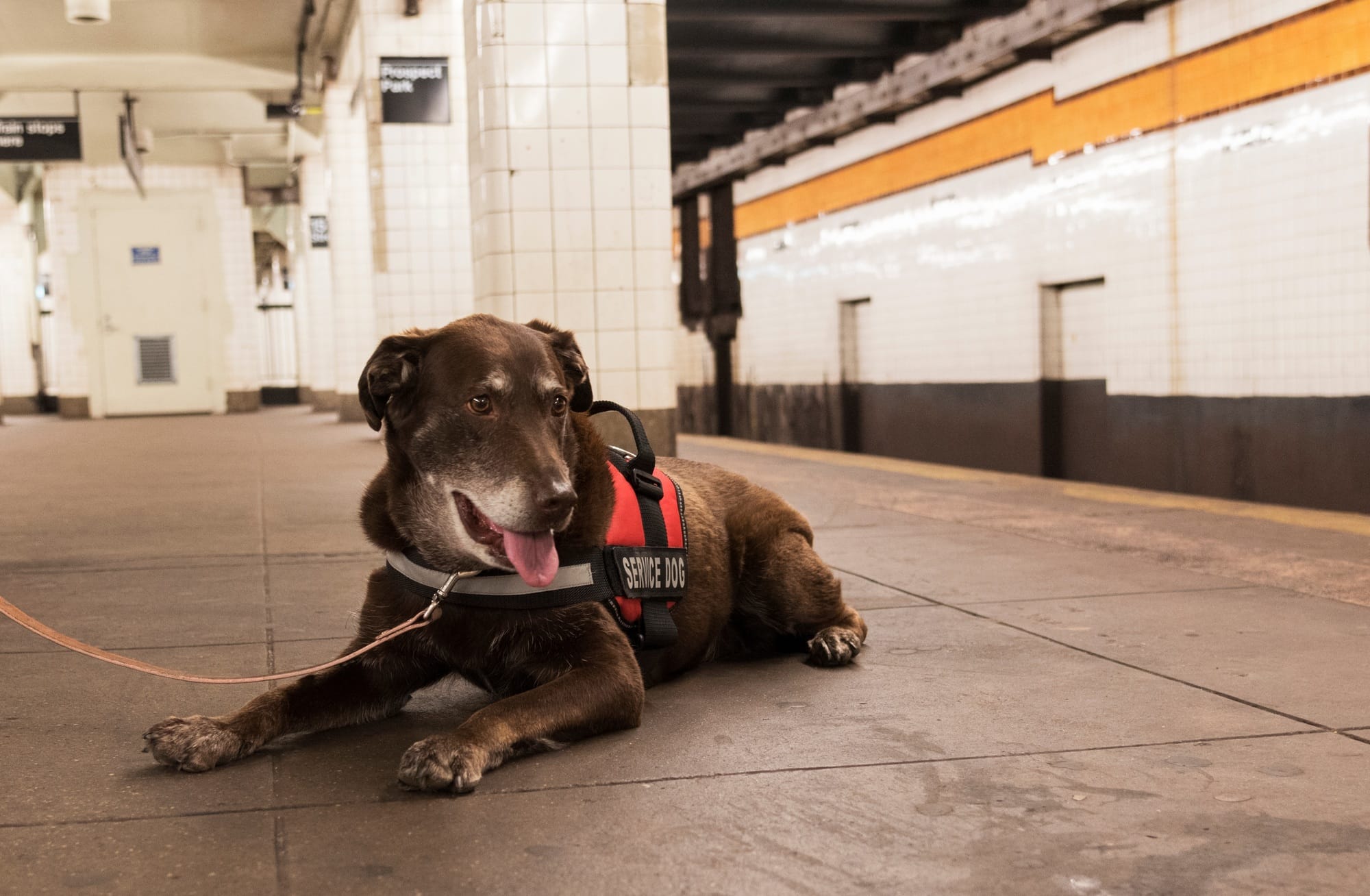Is Your Dog a Good Fit for Therapy Dog Work?
Therapy DogsThinking about whether your beloved canine companion has what it takes to bring comfort and joy to others as a therapy dog? This article will help you consider if they are suited to therapy work. You will be able to gauge if your dog possesses the unique qualities that make for an exceptional therapy animal, focusing on temperament and the powerful handler-dog bond.
What Is a Therapy Dog?
A therapy dog is a specially trained companion animal that provides comfort and support in a range of public environments. Unlike service dogs, therapy dogs are not trained to assist with disabilities but offer emotional and social support to many people through supervised interactions. Therapy dogs may visit schools, aged care homes, hospitals, or even workplaces. Paws For Support provides training and certification pathways to help dog owners and handlers participate in this rewarding form of therapy dog work.
The Role of Therapy Dog Handlers
Therapy work is all about sharing the emotional support and well-being benefits that dogs can offer. Whether participating in a school well-being program or visiting a children’s hospital, therapy dog work relies on a calm, affectionate dog and a committed handler working together. Programs such as our General Facility and Personal or Corporate Dog streams allow a range of people and dogs to make a meaningful difference.
Characteristics of a Great Therapy Dog
Emotional Intelligence and Resilience
Great therapy dogs can remain calm in new environments and respond appropriately to emotional cues. They should be able to tolerate loud noises, unpredictable movement, and unfamiliar people, as these can be stressful situations for therapy dogs. These dogs don’t just obey, they’re sociable, steady, and emotionally intuitive.
Calm Demeanour and Affectionate Behaviour
A therapy dog needs to be approachable and kind. A wagging tail, relaxed posture, and enjoyment of gentle pats are all signs your dog may be a good fit. Dogs that love people and enjoy being handled calmly and politely are often ideal for this type of work.
Evaluating Social Skills – Good Manners in Public
Your dog should demonstrate basic polite behaviour, sitting calmly to be patted, walking on a lead without pulling, and waiting patiently when needed. Jumping up, barking, or demanding attention would need to be addressed with training first, as these behaviors can startle others in a therapy setting.
Comfortable with Strangers and Other Dogs
Therapy dogs will often be in busy places like nursing homes or community centres. They need to remain settled around wheelchairs, medical equipment, and people of all ages. A good candidate will show little reactivity and remain calm when other animals are nearby.
The Handler-Dog Relationship – Trust and Teamwork
Handlers are not just trainers; they’re the emotional anchor. A strong bond and mutual trust help therapy dogs feel safe in new environments. The best therapy teams are those where the handler understands their dog’s needs and advocates for their comfort, ensuring the dog is right for therapy work.
Building a Strong Foundation
Basic Training and Obedience – Before you can begin formal therapy work, your dog must meet a minimum standard of obedience. Sit, stay, come, and walk calmly on a lead are essential. Paws For Support provides both training and support for those just starting or preparing for assessment.
Therapy-Specific Skills – Training to become a therapy dog involves more than manners. Dogs must learn to be comfortable in different types of work, from reading sessions with children to relaxing quietly during counselling sessions. Our programs build these skills at a pace that suits you and your dog.
Recognising and Managing Stress
Identifying Early Signs – Even the most relaxed dogs can experience stress. Knowing how to spot early signals, such as yawning, lip licking, or looking away, helps you support your dog’s emotional well-being during visits.
Keeping Sessions Positive – Successful therapy dog work requires thoughtful planning. Regular breaks, plenty of water, and handler awareness ensure every session ends on a positive note. Paws For Support helps owners learn these skills as part of our therapy dog certification process.
Is Your Dog a Good Fit for Therapy Work?
Is Your Dog Ready? – Free Pre-Assessment Available
Unsure whether your dog would make a good therapy dog? We offer a free pre-assessment to help you decide if your dog is right for therapy work. Our experienced team can guide you through temperament checks, training plans, and suitability for therapy work.
Start Your Journey
Becoming a therapy dog team is one of the most rewarding things you can do with your dog. Whether you’re looking to volunteer, support students, or give back to your community, Paws For Support is here to help every step of the way.


